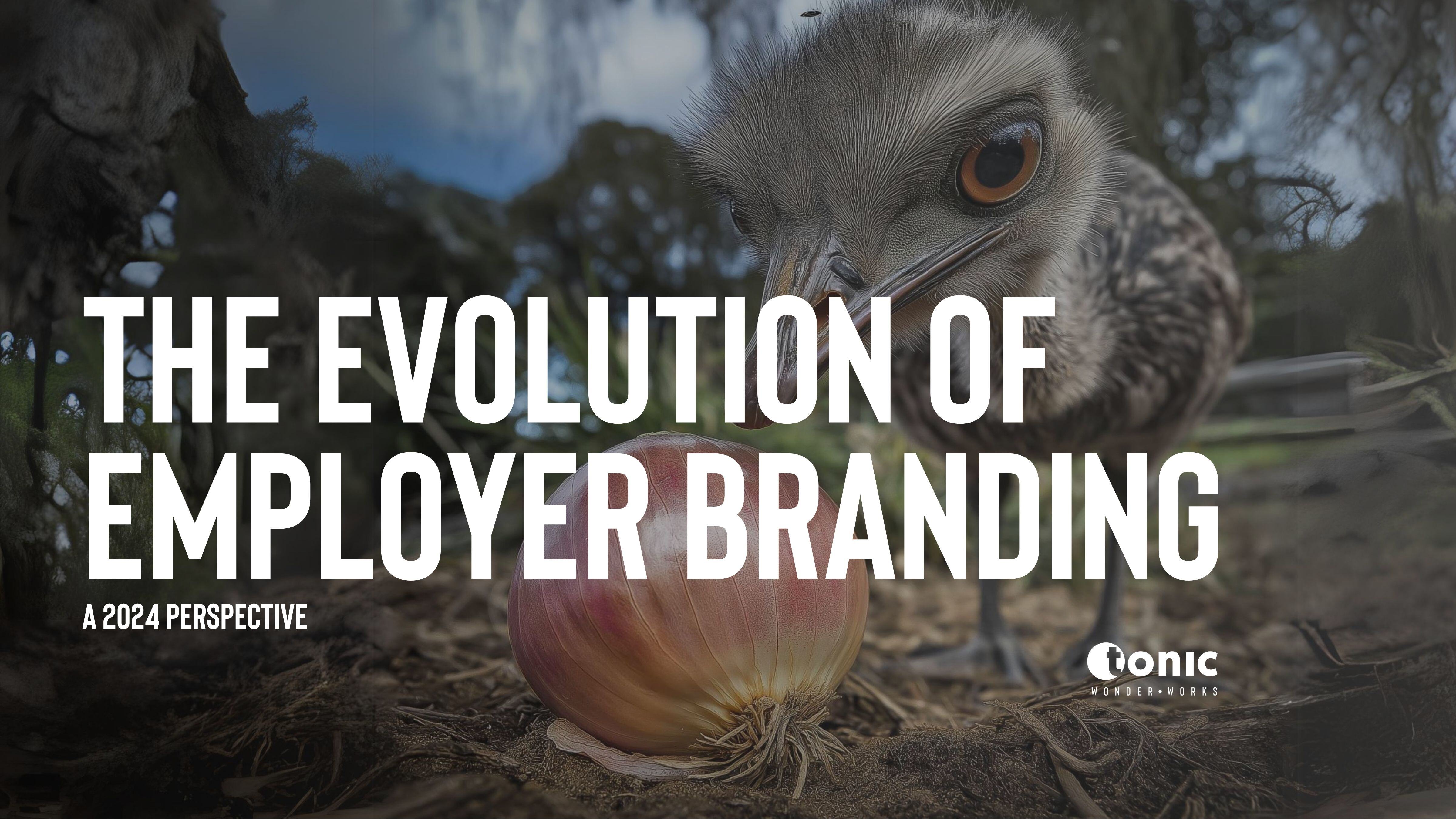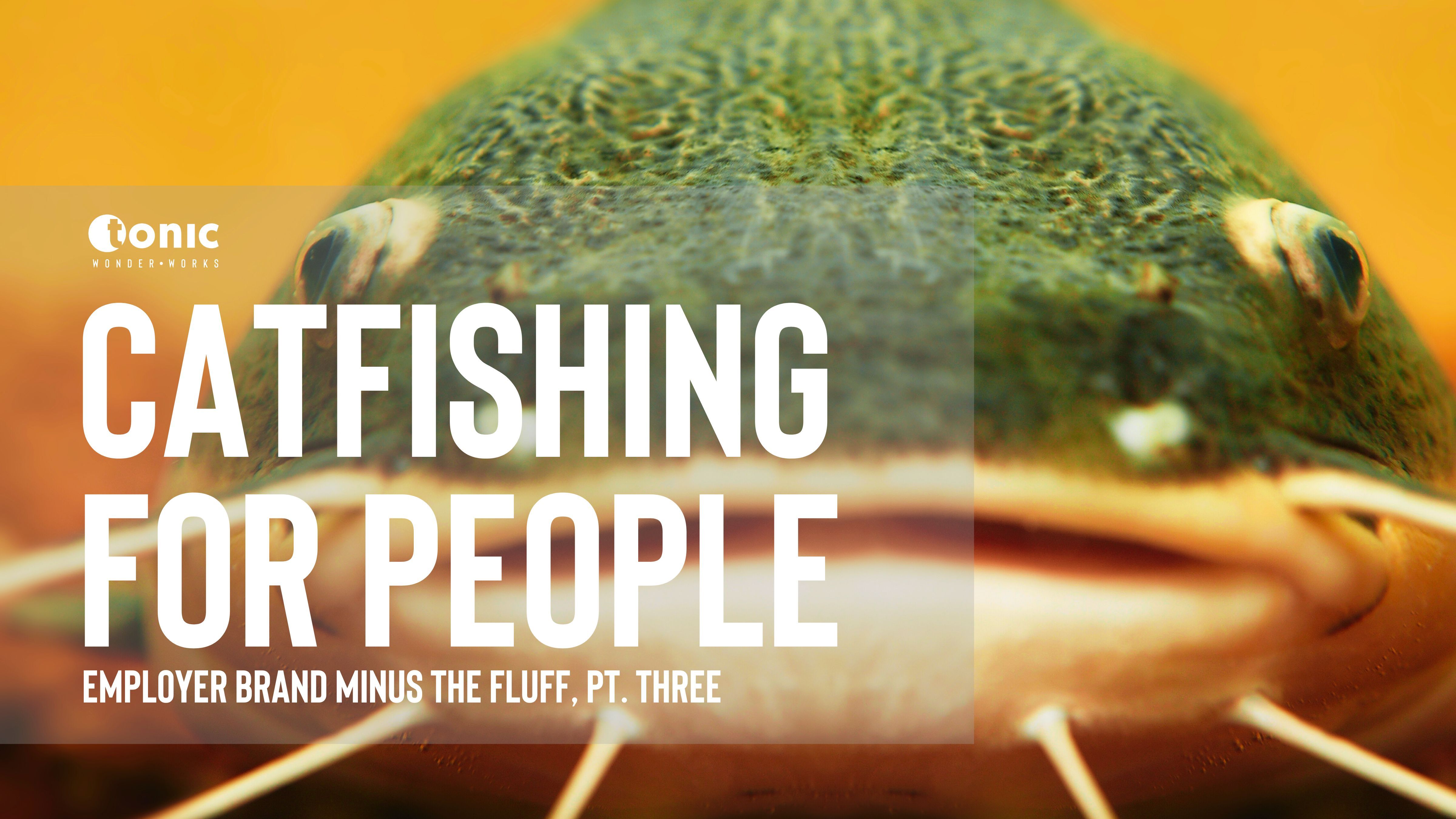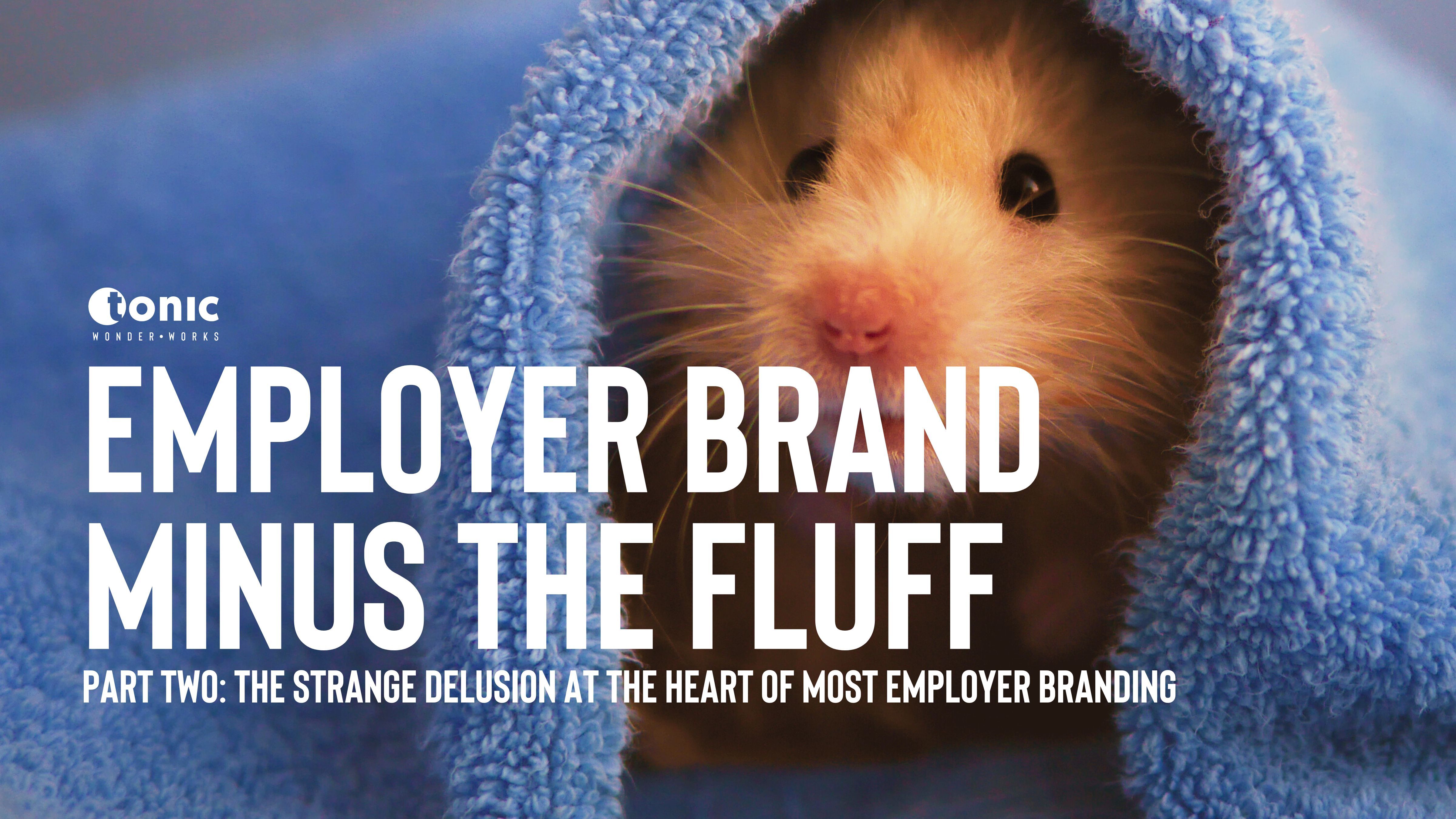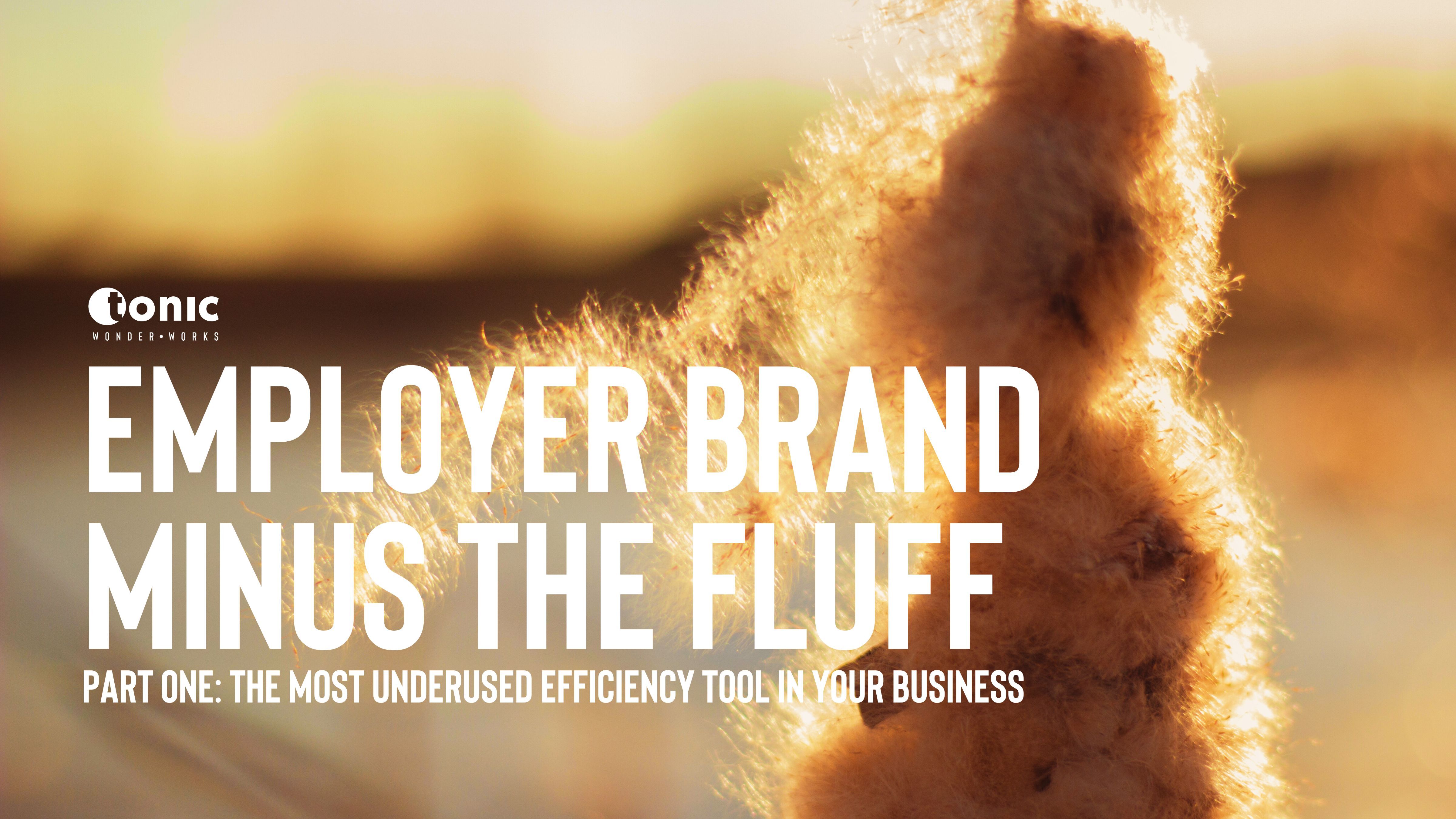Employer branding has evolved from a niche concept to a critical business strategy. From its humble beginnings in the mid-90s to its sophisticated role today. So why do some myths refuse to fade away?
The Origin Story: Employer Brand in the Mid-90s
In the mid-90s, employer branding was born. Back then, advertising was all about print ads, radio spots and TV commercials. Companies needed to stand out, not just to sell products, but to attract talent. Ad agencies and their clients took ideas from traditional brand marketing and applied them to recruitment. It was a smart move, but it was just the beginning.
Nearly 30 Years Later: A Sea Change
Fast forward nearly three decades. How we live and work has changed. Business is different. The way we think about brands is different. The way we engage with brands is different. The reason for managing a brand is different. And employer branding? It's grown up too. There are some really good macro-reasons for this:
Business Environment: We’re in a global, digital comms economy now. Competing for talent is fierce and means being always planned and always on.
Mature Discipline: Employer branding is sophisticated. It's a vital part of most businesses' strategy.
Communication Revolution: Social media. Digital platforms. They’ve changed everything. Increased the noise. And made grabbing people’s attention more difficult
High Expectations: Employer brands now deliver value throughout the employee lifecycle. The people we want to listen to us, expect more. They’ve less patience for the window dressing
Skilled Practitioners: Today’s EB practitioners are specialists. They blend marketing, HR, and communications.
Clearing Up Misconceptions
But here’s the thing: outdated ideas are still around. Recently, I heard about the "talent onion." It’s a rip-off of the "brand onion," and it's just as useless. Ask any marketer. I heard an experienced agency leader talk about their recent epiphany that EB might actually be more than ‘just recruitment’ - NSS!. And don’t get me started with EB as a box that’s ticked ‘done’ by selecting paid media or a way of styling an ad. That’s not employer branding.
If you’re into onions and ad styles, great. But that doesn’t make you an employer brand expert. It makes you a greengrocer or a media broker. By the way, both are fine jobs, I did them both in the 1990’s, but they’re not employer branding. If you don’t know that employer brand is more than recruitment, you’re an ostrich, and I have no experience of that.
These outmoded ideas and the sheltered opinions of the past are convoluted and unnecessary - worse, they hold us back, and stop us from being taken seriously by our peers. What are they thinking?
Are they thinking?
The Modern Employer Brand: What It Is and Why It Matters
So, for our team at Tonic, and for the vast majority of our clients, what is employer branding in 2024? It’s simple. It’s who you are. Your culture. How you engage your people. How they amplify your message. How you attract talent and drive productivity. How you make people feel.
It’s multi-faceted and complex in some ways, but based on some straightforward inputs and outputs:
The Bigger Picture: What’s your business context? How do you benefit your country, community, and shareholders?
Culture: Who are you? What’s it like to be a member of your company?
Engagement: How do you foster productivity and happiness? What should employees do, and why should they enjoy it?
Amplification: Use all your voices. Your business voice. Get your people using their voices. The voice of industry commentators and influencers who talk about you. Use all your voices and get your message out.
Attraction & Recruitment: How will you make people fall in love with you/tell compelling stories? Engage meaningfully.
So what?
Employer branding has evolved significantly since its inception. It's now a vital part of a company’s strategy, influencing recruitment, business reputation, customer engagement, and employee satisfaction. By focusing on the bigger picture, culture, engagement, amplification, and attraction, companies can build a powerful employer brand that drives real business value.
In 2024, we must move beyond outdated concepts and embrace a bold, strategic approach to employer branding. Let’s ditch the outdated ideas. Embrace a bold, strategic approach. Unlock the true potential of employer branding. Create workplaces that attract and inspire the best talent.
Now, if you’ll excuse me, I’ve got an ad about an onion to write. Keep wondering!





